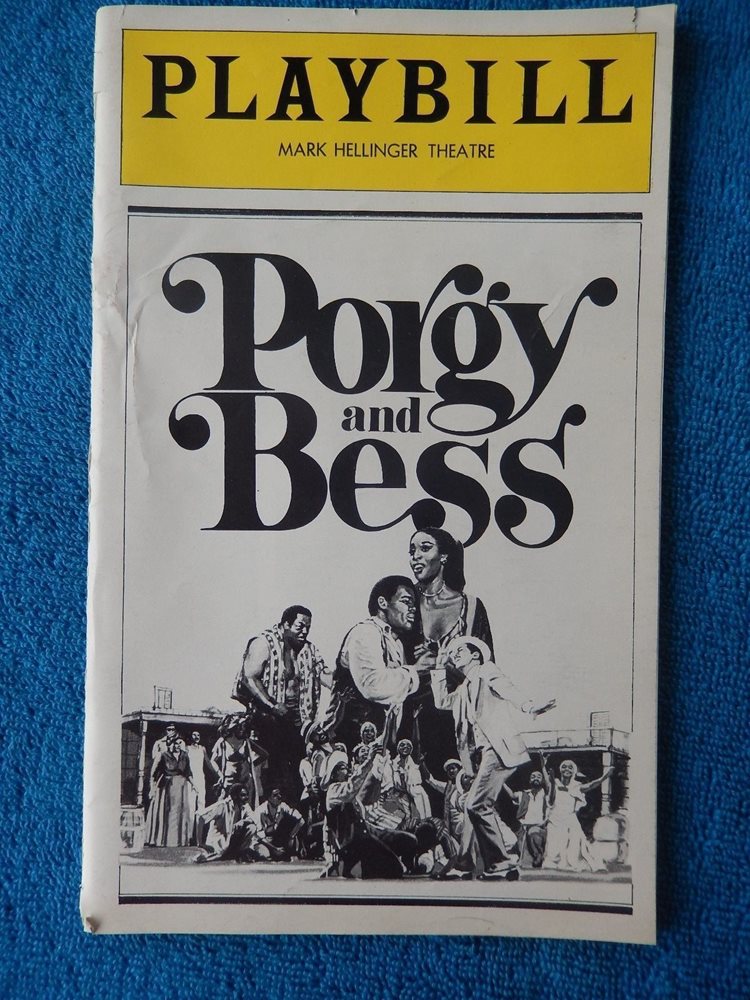Although President Trump’s statement, “We write symphonies,” was not perfect, he made a good decision to point towards music while praising the progressive mentality adopted by the U.S. and its allies. There’s no doubt the President’s three-worded, blanket statement insinuates that classical music is an elitist artform, but Polish and American composers have produced countless works of art which aim to expose the exploitation of and prejudice against specific groups of people. George Gershwin’s Porgy and Bess is an example of music creating awareness and helping those in need.

The initial reception of Porgy and Bess after its release in 1935 was mixed at best. Both the casting and the music were called into question as Gershwin’s folk opera featured an all-black cast as well as music that combined elements of jazz with western classical music. Gershwin was faced with the challenging task of writing music that would pass as authentic folk music but would also withstand the highbrow scrutiny of operatic audiences. Duke Ellington said Gershwin’s score did not reflect a genuine “Negro musical idiom,” but other critics said, “It abounds in color, it retains the quality of the Negro chant, the spiritual, the wail, the jazz, and the blues.” Not only was the music a hit or miss for some folks, but the content of Gershwin’s folk opera also had some questionable implications. Some described Porgy and Bess as a detriment to the race and as a vehicle that promoted racist stereotypes.
Even though Gershwin depicted Bess as a substance abuser with a penchant for abusive men and Porgy as a crippled beggar, Gershwin was still shining the spotlight on African American performers in 1935. Empowering these actors and actresses on stage gave them opportunities to bring about real change. During the show’s run in Washington D.C., the cast went on strike to protest the National Theatre’s segregation policy. Todd Duncan, starring as Porgy, was successful in organizing the protest and as a result ushered in the first integrated audience at the National Theatre on March 21, 1936.
Gershwin’s creation was celebrated by a host of incredibly influential musicians. In 1958, trumpeter Louis Armstrong collaborated with Ella Fitzgerald to release an entire album of Gershwin’s music and one year after that Miles Davis released a similar album featuring the writing of Gil Evans. The two albums are based off of the same material, but the end results are entirely different. Showcasing modal improvisation and third stream aesthetics, the Miles Davis record was quite innovative at the time of its release, whereas the 1958 record is another chronicle in the legacy of the iconic trumpet-vocal duo.
Inspiring two landmark albums, creating change in significant institutions, and advocating for African Americans in the arts, Porgy and Bess remains to be one of the most important American operas today. Gershwin innovated his art to incorporate elements from other cultures to create a dramatic documentation of American life. I say dramatic because the production is hardly factual and uses Gershwin’s ideas of African American culture as an outlet for expression. His folktale created opportunities for Black Americans to perform on legitimate stage bringing about discussion and change. I generally have a hard time supporting anything President Trump says, but a nod to Western Culture’s music history while making an appeal to America’s innovative spirit, “We write symphonies. We pursue innovation,” is one of the less ridiculous statements he’s made especially with figures like Miles Davis, George Gershwin, Ella Fitzgerald and Louis Armstrong decorating our history.
